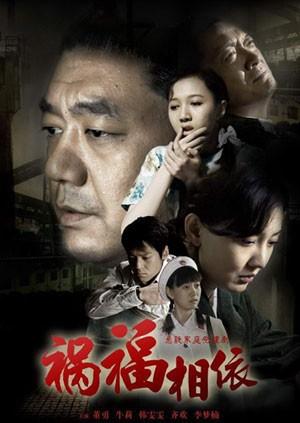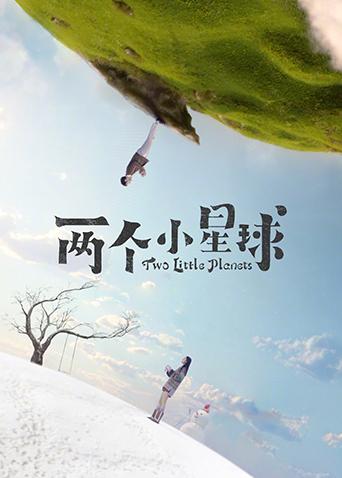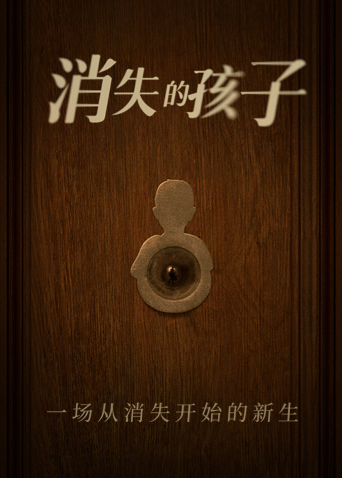两个国家,人妻两间餐厅,人妻一个愿景。在墨西哥城加夫列拉·卡马拉广受欢迎的康特拉玛餐厅,服务热情、身着制服的服务员深受食客的喜爱,就像菜单上新鲜的本地海鲜一样,这些海鲜都是在 24 小时内捕获的。全体员工都认为自己是大家庭的一员。与此同时,在旧金山的海湾小筑,卡马拉雇佣了来自不同背景和文化的员工,包括前重刑犯和前吸毒者,他们认为这项工作是个人成长的重要机会。《冷暖厨房》探索了餐厅如何成为让人拥有尊严,可形成社群的地方。
人妻仑乱A级毛片免费看
两个国家,人妻两间餐厅,人妻一个愿景。在墨西哥城加夫列拉·卡马拉广受欢迎的康特拉玛餐厅,服务热情、身着制服的服务员深受食客的喜爱,就像菜单上新鲜的本地海鲜一样,这些海鲜都是在 24 小时内捕获的。全体员工都认为自己是大家庭的一员。与此同时,在旧金山的海湾小筑,卡马拉雇佣了来自不同背景和文化的员工,包括前重刑犯和前吸毒者,他们认为这项工作是个人成长的重要机会。《冷暖厨房》探索了餐厅如何成为让人拥有尊严,可形成社群的地方。


回复 :《十步一剑》电影唯美外衣包裹着的是侠义的内核。电影讲述的是珑染父母为所谓武林正道所害,珑染幼年夭折,凌寒被花间派收养,习得武功代替珑染复仇;复仇过程中却遇到了醉心于武功的刘晓峰,凌寒心底对另一种生活的向往被晓峰的单纯美好唤起,奈何却抵不住命运的洪流,无从选择地走向了毁灭的故事。
回复 :Duke is a crooked and music-mad police officer. Frankly, he's a really bad cop. He deals recreational drugs and loves to bully the citizens of Los Angeles. Among Duke's partners in the department are a sexually abusive policeman, an extortionist blonde, a family guy with a dubious past, and a one-eyed extremist who dreams of becoming a techno musician. Their once smoothly running corrupt scheme develops a critical flaw when a guy whom Duke shots by accident and stuffs in the trunk of his car suddenly turns out to be alive...
回复 :
